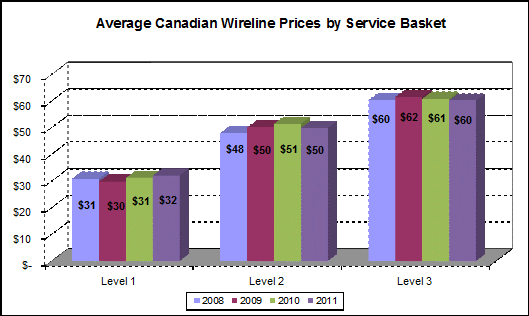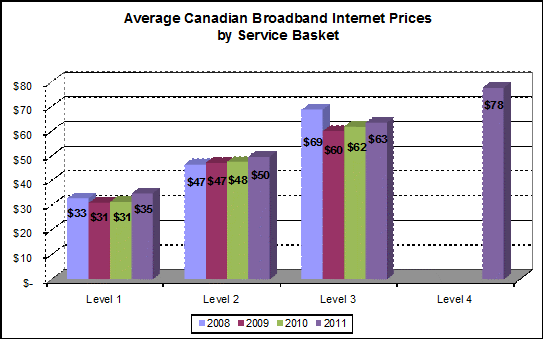Stop the Cap! is following this week’s extensive hearings into Internet Overcharging in Canada by the Canadian Radio-television and Telecommunications Commission (CRTC). The debate into Bell’s attempt to mandate usage-based billing for -every- provider in Canada, regardless of whether they are owned or operated by Bell, reached a new level of absurdity this morning when a Conservative appointee to the CRTC, Tom Pentefountas — the vice-chairman of the commission — asked this question to an astonished panel headed by Openmedia.ca, a consumer group fighting usage-based billing:
“What is so undemocratic about allowing a few companies to control the Internet?”
Pentefountas was openly hostile at times against Openmedia, questioning their membership, their funding, and whether they had a “self-interest” in the fight. They do — consumers, a concept that evidently escapes the very Big Telecom-friendly new commissioner, appointed by the government of Stephen Harper.
Yesterday, much of the hearing was focused on Bell’s defense of UBB, and we noted Mirko Bibic’s increasing discomfort as the Bell lobbyist came under increasing scrutiny and hard questioning that he never experienced during earlier hearings (those that led to the CRTC’s approval of UBB). Now that the public (and higher government officials) are watching and listening, what used to be a non-confrontational experience is today sounding increasingly skeptical of the arguments for UBB by many commissioners.
We’ll have audio archives of the hearings available here when they are published online. They help build the record of carrier arguments for UBB, independent findings which call out those arguments, and the opposition to UBB and why flat rate broadband is important to the knowledge-based economy of North America.
There will be hurdles to overcome, starting with confronting the attitudes of commissioners like Mr. Pentefountas, who evidently does not understand the implications of a few corporate entities controlling Canada’s Internet.
Follow live coverage of the CRTC hearings here.


 Subscribe
Subscribe










